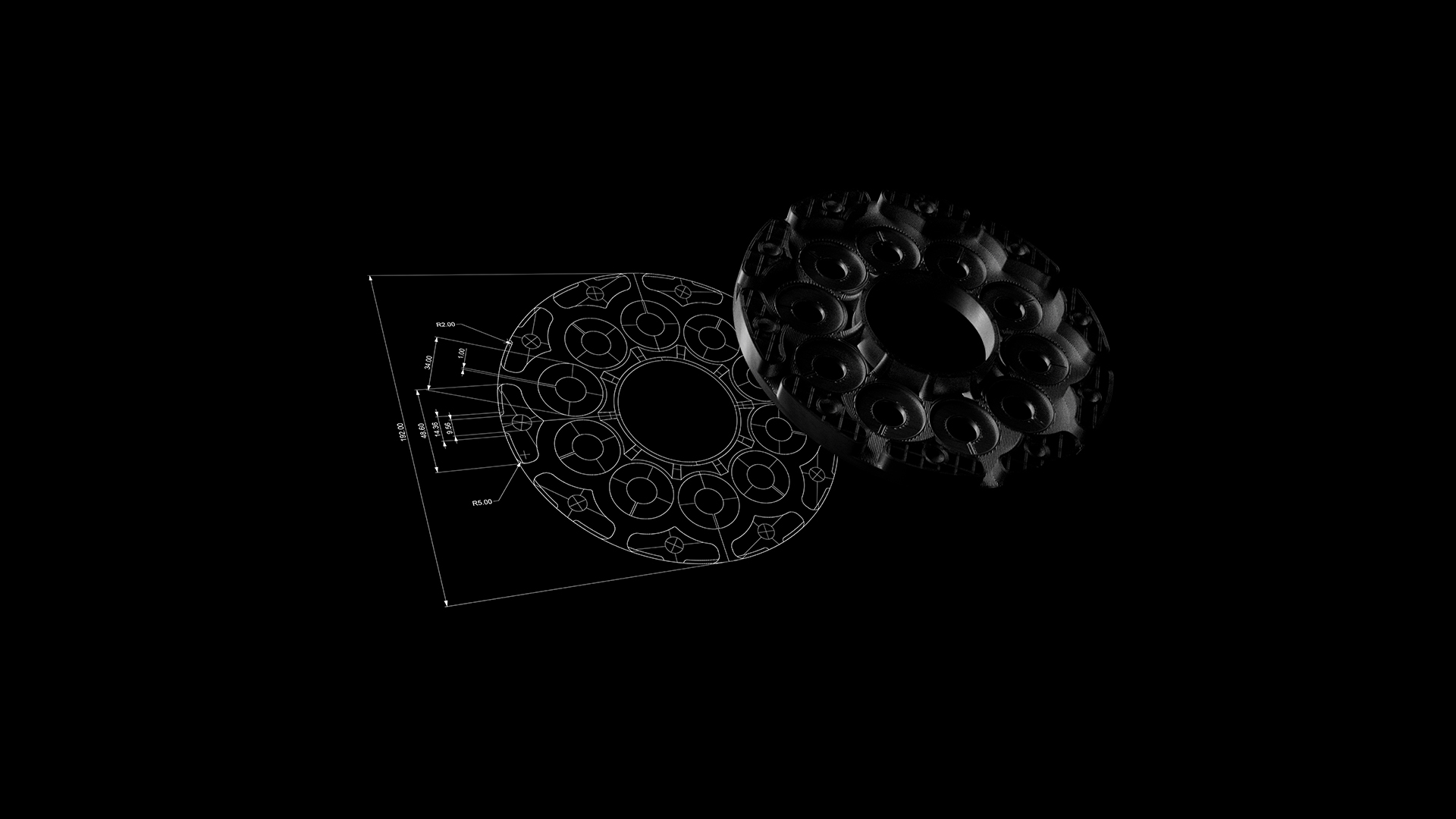
From Prototypes to Final Parts: Composites in Small Batch Additive Manufacturing
Small batch production is a strategic aspect for many industries, from automotive and aerospace companies to the energy sector. However, working with composites at a smaller scale involves specific challenges, ranging from cost management to quick response times, to maintain the required quality and performance levels.
Challenges in Small Batch Production with Composite Materials
Industries often face scalability and flexibility issues since traditional manufacturing processes aren't designed to accommodate frequent configuration changes. This can lead to high costs and uncompetitive production times, especially for those working with advanced composites. The demand for greater durability and load resistance requires precise, repeatable processes, but complex production cycles can hinder quick, efficient responses to small batch demands.
Additional challenges include tooling costs and inventory management. In small batch production, tooling expenses can become unsustainable, while material and semi-finished inventory must be carefully managed to avoid waste and optimize resource use. The challenge, therefore, is to implement solutions that allow high-quality composite production while controlling costs and reducing time-to-market.
The Solution: Additive Technologies for Composites and Optimization Strategies
To overcome these challenges, companies are exploring innovative solutions to make small batch production more efficient. Additive manufacturing with advanced composite materials offers unprecedented flexibility. Beyond production speed, a key aspect of small batch production with composites is the ability to create high-performance components with strict control over mechanical and thermal properties. Roboze uses advanced composites such as Carbon PEEK and Carbon PA PRO to ensure final components meet high standards of strength and stability—essential qualities for sectors that require consistent quality at every stage of the process.
For example, Carbon PEEK is known for maintaining high performance even under thermal and mechanical stress, making it ideal for applications in extreme environments or those requiring high reliability. Carbon PA PRO, on the other hand, is perfect for structural components that need maximum dimensional stability and durability, which are often difficult to achieve with traditional processes.
By integrating Roboze’s additive technology, these materials become part of a production system that eliminates the typical constraints of traditional methods, like specific tooling or inventory accumulation. This approach enables companies to produce small batches with a flexibility and speed unattainable with conventional manufacturing, while maintaining high quality standards and optimizing costs.
Small batch additive manufacturing with composites can become a strategic asset for companies ready to invest in innovative technologies. If you’re looking to improve efficiency and flexibility in your production process, Roboze’s additive manufacturing solutions with composites could be the key to overcoming tooling cost and lead time challenges. Contact us to learn more about how Roboze’s integrated solutions can help you optimize production and achieve new quality standards.
